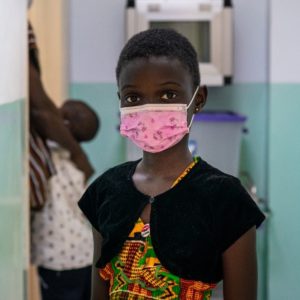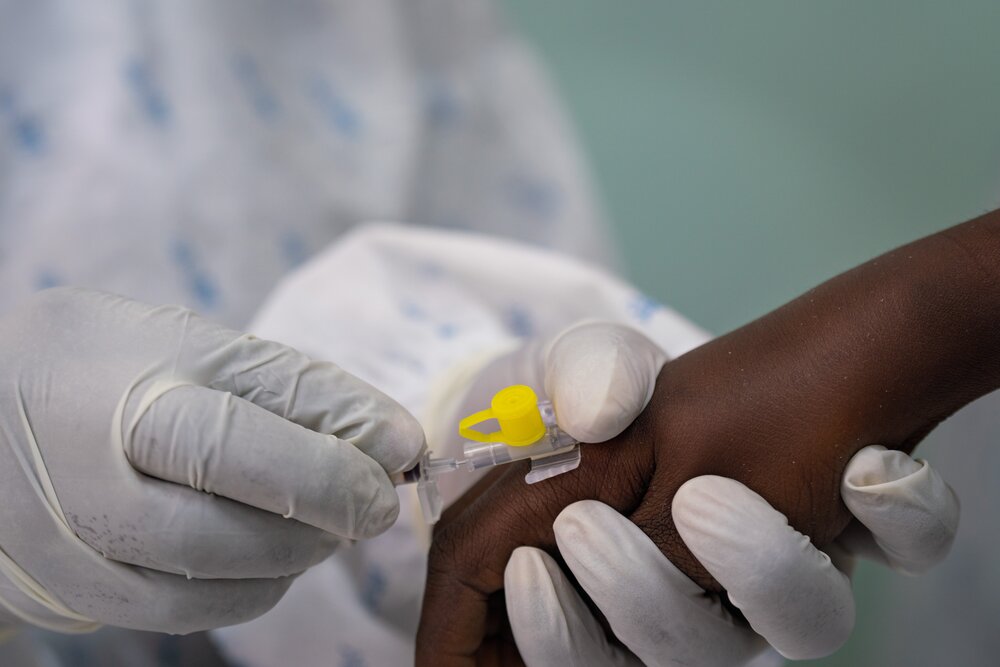Brazzaville – Drastic COVID-19 preventive measures following the onset of the pandemic in Africa as well as the heightened focus by countries’ health workforce on curbing the virus hugely disrupted other essential health services across the region, the World Health Organization (WHO) has said.
Although routine services are now slowly resuming, many are not yet fully restored.
Services for noncommunicable diseases, for instance, suffered an average disruption of 43%, according to a January–March 2021 survey by World Health Organization (WHO) on the continuity of essential health services in the African region during the pandemic.
Cancer screening and treatment, including childhood cancers, have been particularly hard hit. Cancer screening was affected in 46% of the countries, with 13% reporting more than 50% disruption in a continent where childhood cancer survival rate is estimated to be as low as 20%. In high-income countries, where comprehensive services are generally accessible, more than 80% of children with cancer are cured.
“We estimate that more than 28 000 children died of cancer in sub-Saharan Africa in 2020. This is truly heart breaking as childhood cancers are curable if detected early and comprehensive care provided,” says Dr Jean-Marie Dangou, Noncommunicable Diseases Programme Coordinator at WHO Regional Office for Africa.
Early diagnosis improves the chances of survival. When identified early, cancer is more likely to respond to effective treatment and result in a greater probability of survival, less suffering and often less expensive and less intensive treatment. Significant improvements can be made in the lives of children with cancer by detecting cancer early and avoiding delays in care.

“Substantial investment in cancer prevention and care, including quality training of medical professionals, must be made if we are to avert cancer deaths and cases, especially among children, in our region,” Dr Dangou says. “As individuals, we must take the initiative to better understand the childhood cancer warning signs to improve early detection and treatment.”
A significant backlog in screening and treatment due to the pandemic is likely to lead to delayed diagnosis and treatment, the impact of which is further strain on Africa’s stretched medical resources and a significant increase in the number of avoidable cancer deaths.
During the pandemic, a variety of factors contributed to a decline in cancer screening and treatment. Shortage of medical personnel—as many were repurposed to focus on COVID-19—affected cancer services, with 72% countries reporting a decline in personnel. In 64% percent of the countries people were fearful of seeking medical treatment during a pandemic and in 58% of the cases access to essential health services decreased due to financial difficulties caused by the pandemic and the effect subsequent lockdowns had on earning.

